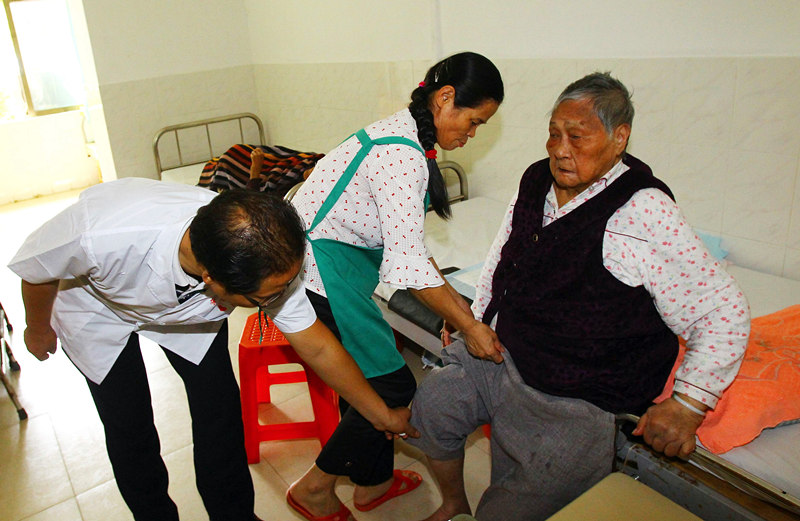City adopts a proactive approach to helping the elderly
By Shadow Li | China Daily | Updated: 2018-01-05 08:59

In her maiden policy address, Hong Kong Chief Executive Carrie Lam Cheng Yuet-ngor expanded the city's voucher programs for seniors, especially those who have been discharged from hospital and use care services at home.
The vouchers, funded by the government, provide seniors with a free, convenient service delivered by local nongovernment organizations, which saves family members a great deal of time and effort.
Unlike the original funding plans for nursing homes, where the fees are paid and residents accept the services offered with little opportunity to defer, seniors entitled to nursing home service vouchers are allowed to switch nursing homes if they are dissatisfied with the service provided.
The missing or weak step in the elderly care ladder - home and community care services - has led to a vacuum. Those who are able to negotiate the complex and often confusing system have to foot the bill via their disposable income.
The government's voucher program makes a difference, even though the amount offered is small, according to Helene Fung Hoi-lam, a professor at the Chinese University of Hong Kong, who researches aging issues in the city.
Hong Kong's limited land resources have unavoidably meant the city's aging problems require better solutions than simply building more nursing homes and facilities for the elderly.
Multipronged solutions with an "innovative thinking and approach", as the policy address put it, need to be in place as the population ages at an increasingly rapid rate.
The authorities are looking to technology to solve the problem.
The government will earmark HK$1 billion ($128 million) to help nursing homes purchase new technology to cope with manpower constraints.
That constitutes part of the multipronged approach and is the right direction to solve the aging issue, according to Fung.
Some nursing homes in the city have heeded the government's call to adopt technology to overcome staff shortages.
For example, some have installed alarm systems that alert caregivers when the diaper of a bed-ridden patient is full, while others have introduced robots to help people with early-stage dementia to maintain cognitive functions, and improve efficiency.
stushadow@chinadailyhk.com
























